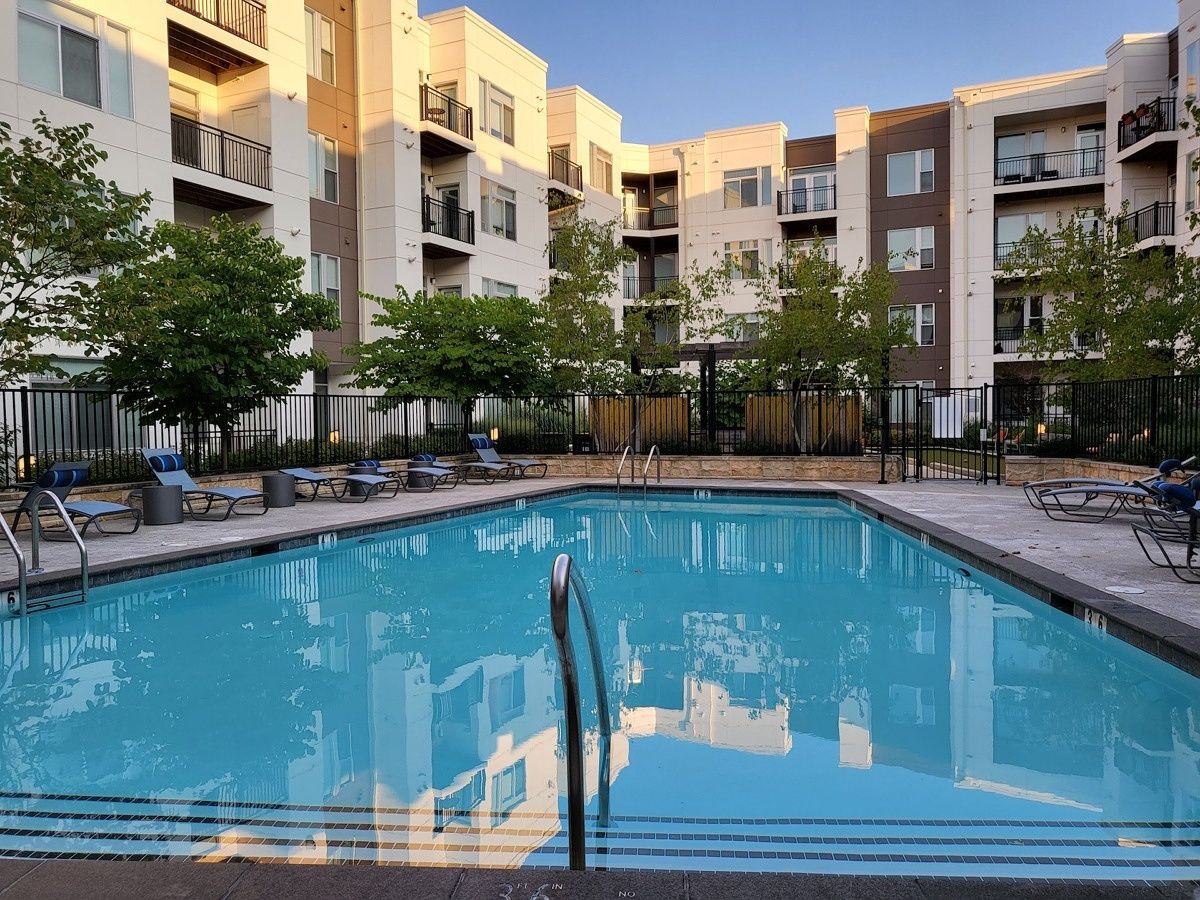Samsung’s new Galaxy Z Flip 4 is getting all the attention right now, but the last year’s Galaxy Z Flip 3 is still available officially and is a solid smartphone to purchase in 2022. In fact, the new Galaxy Z Flip 4 only brings some subtle improvements over the Galaxy Z Flip 3, which can now be had for a cheaper price. But is it worth picking it up right now when there are so many other flagships out there in wild? We’ve already compared the Galaxy Z Flip 3 with some other standard glass slabs including the Galaxy S22 Plus. In this article, we’re going to take a look at the OnePlus 10 Pro vs Galaxy Z Flip 3 comparison to find out how they stack up against each other in 2022.
Navigate this article:
- Specifications
- Design and display
- Internal hardware and cameras
- OnePlus 10 Pro vs Galaxy Z Flip 3: Which one should you buy?
OnePlus 10 Pro vs Galaxy Z Flip 3: Specifications
Here’s a quick look at the specifications table to see what these phones bring to the table:
| Specification | OnePlus 10 Pro | Samsung Galaxy Z Flip 3 |
|---|---|---|
| Build |
|
|
| Dimensions & Weight |
|
|
| Display |
|
|
| SoC |
|
|
| RAM & Storage |
|
|
| Battery & Charging |
|
|
| Security | Optical in-display fingerprint scanner | Side-mounted fingerprint sensor |
| Rear Camera(s) |
|
|
| Front Camera(s) | 32MP, f/2.2/0.8µm | 10MP, f/2.4, 26mm (wide) |
| Port(s) |
|
|
| Audio |
|
|
| Connectivity |
|
|
| Software |
|
|
Design and Display
The OnePlus 10 Pro and the Galaxy Z Flip 3 are very different phones mainly due to the form factor. The OnePlus 10 Pro is a traditional smartphone that uses a glass sandwich design with an aluminum frame, while the latter is a foldable phone that flips in half to become a pocketable device. The Galaxy Z Flip 3 is much easier to carry around when it’s folded but keep in mind that it opens up into a taller phone compared to the OnePlus 10 Pro.

As a traditional smartphone, the OnePlus 10 Pro is also more durable than the Galaxy Z Flip 3. Granted only the T-Mobile variants of the OnePlus 10 Pro carry an IP68 rating, but we expect other models to hold up well against the occasional splashes of water and dust particles. The Galaxy Z Flip 3, on the other hand, only comes with an IPX8 rating meaning it’s not going to play well with dust particles. As such we won’t recommend taking the Galaxy Z Flip 3 with you to, say, the beach where it may come in contact with the sand.

Both smartphones come with an aluminum frame and Gorilla Glass Victus on the back. The OnePlus 10 Pro uses Gorilla Glass 5 panel to protect the display whereas the Galaxy Z Flip 3 uses folding glass. The Galaxy Z Flip 3 is definitely more durable than its predecessor but we suggest picking up the OnePlus 10 Pro if you’re worried about the durability. When it comes to the physical dimensions of these phones, the Samsung Galaxy Z Flip 3 is thinner and taller than the OnePlus 10 Pro when unfolded. Folding it in half makes it more manageable and easy to carry around, but it significantly increases the thickness to a point where it feels like you’re using two phones that are glued to each other.
The OnePlus 10 Pro sports an in-display fingerprint scanner whereas the Galaxy Z Flip 3 comes with a side-mounted scanner for authentication. They both lack a 3.5mm headphone jack and a microSD card slot, so keep that in mind.

As for the display, the OnePlus 10 Pro sports a 6.7-inch QHD+ Fluid AMOLED panel on the front. It’s a 120Hz display with support for a maximum resolution of 1,440 x 3,216 pixels. This particular display has curved edges on the sides along with minimal bezels on the top and the bottom. The Samsung Galaxy Z Flip 3 sports two displays — there’s a cover display on the outside for quickly glancing at some important notifications and settings, while the main/inner display takes charge once you unfold it. The cover display on the Galaxy Z Flip 3 measures 1.9-inches, which is quite small for any practical use. You’ll constantly find yourself unfolding the Galaxy Z Flip 3 to work on the 6.7-inch Dynamic AMOLED 2X display. It’s the same size as the OnePlus 10 Pro’s display but you’ll notice and even feel the crease in the middle that runs horizontally across the panel.

The inner display on the Galaxy Z Flip 3 looks just as good as any other flagship display you’ll find on the market. It supports a 120Hz adaptive refresh rate and peaks at 1200 nits brightness. Contrary to what Samsung claims, it’s definitely not as durable as the Gorilla Glass 5 on the OnePlus 10 Pro, but you won’t have any issues using it for your day-to-day workloads. It would have been nice to see a bigger cover display on the Galaxy Z Flip 3, but it’s not there even on the Galaxy Z Flip 4 which is now available to purchase.
Internal hardware and cameras
Both OnePlus 10 Pro and the Galaxy Z Flip 3 offer flagship-grade hardware with powerful internals. The OnePlus 10 Pro, however, gets the more powerful Snapdragon 8 Gen 1 chipset whereas the Galaxy Z Flip 3 is powered by the Snapdragon 888 SoC. Both chipsets offer great performance for all practical use-cases but there’s no denying that the Snapdragon 8 Gen 1 is more powerful. You may not notice a huge difference in performance while handling day-to-day workloads, but the Snapdragon 888 will definitely start to show its age before the Snapdragon 8 Gen 1 will. This makes the OnePlus 10 Pro more powerful and reliable for those who are looking to pick up a phone with the best performance.
The OnePlus 10 Pro can also be purchased with more memory and storage out of the box. You can get it with up to 12GB of RAM and 512GB of internal storage whereas the Galaxy Z Flip 3 tops out at 8GB of RAM and 256GB of storage. The base variant of both phones comes with 8GB RAM and 128GB of storage, though. There’s no provision to add a microSD card on either of these phones to expand the storage, so keep that in mind. We suggest you read our detailed reviews of the OnePlus 10 Pro and the Galaxy Z Flip 3 (linked earlier in this article) to learn more about the performance of each phone.

Both of these phones are a lot different when it comes to the battery department too. Not only are we seeing different battery capacities, but there’s also a significant difference in the charging speeds of these devices. The OnePlus 10 Pro sports a 5,000mAh battery whereas the Galaxy Z Flip 3 only has a 3,300mAh unit. It’s quite evident that the OnePlus 10 Pro is going to last you longer between the charges. But the OnePlus device also takes the lead with its 80W charging speeds (limited to 65W in North America). Samsung’s Galaxy Z Flip 3 is embarrassingly slow in comparison as it only supports 15W wired charging. You can also wirelessly charge both phones, but the Galaxy Z Flip 3 is once again quite slow. Notably, the OnePlus 10 Pro also comes with a charger inside the box, which the Galaxy Z Flip 3 doesn’t.

As for the optics, we’re looking at a triple camera setup on the OnePlus 10 Pro versus a dual-camera system on the Galaxy Z Flip 3. You get a 48MP primary sensor on the OnePlus 10 Pro along with a 50MP ultra-wide angle camera with 150-degree FOV and an 8MP telephoto lens with 3.3x optical zoom. In comparison, the Galaxy Z Flip 3 only comes with two 12MP cameras out of which one uses an ultra-wide angle lens with 123-degree FOV. The OnePlus 10 Pro’s camera system, as you can already tell, is more powerful and versatile on paper. That’ll translate to a better real-world usage too because the OnePlus 10 Pro is more consistent at producing good-looking shots as opposed to the Galaxy Z Flip 3. That’s not to say the Galaxy Z Flip 3’s cameras are bad. You can get some decent-looking photos out of this phone, but they’re not going to compete with the shots produced by other flagships on the market in terms of overall quality.
The OnePlus 10 Pro also takes advantage of Hasselblad’s color science to improve the overall look of the images. We’ll leave some camera samples captured using both phones below for you to check out. The selfies are handled by a 32MP, f/2.2 sensor on the OnePlus 10 Pro and a 10MP, f/2.4 sensor on the Galaxy Z Flip 3. Outside of the quality, we’d say the Galaxy Z Flip 3 makes it easier to capture selfies as you can fold its display halfway through and set it on a surface with a timer. Again, you can check the quality of images captured using both phones in the samples below:
OnePlus 10 Pro camera samples:
Samsung Galaxy Z Flip 3 camera samples:





Both smartphones in this comparison can capture 4K videos but the OnePlus can record them at up to 120fps whereas the Galaxy Z Flip 3 tops out at 60fps. In fact, the OnePlus 10 Pro can also record 8K videos at 24fps, something which the Galaxy Z Flip 3 can’t.
OnePlus 10 Pro vs Galaxy Z Flip 3: Which one should you buy?
The OnePlus 10 Pro is now available to purchase for $800 in the US for the base variant whereas the Galaxy Z Flip 3 will cost you $100 more for the 8GB + 128GB model. Both of these phones only have a few things in common — you get a 6.7-inch main screen on both devices and they both run Android 12 right now, albeit with different overlays on top. Samsung is promising four major Android OS updates for the Galaxy Z Flip 3, compared to three major updates on the OnePlus 10 Pro. But because the company shipped the Galaxy Z Flip 3 with Android 11 out of the box, you can expect both phones to be updated to Android 15. So we’d say they’re both on par with each when it comes to software support, meaning you’ll have to consider other factors to decide which one is better for your day-to-day usage.
Should you spend the additional $100 to get the Galaxy Z Flip 3 or pick up the OnePlus 10 Pro instead? Well, the OnePlus 10 Pro is the clear winner here when it comes to the fit and finish of the phone. It’s a traditional smartphone that packs more powerful internals and costs a $100 less. Your purchase decision, however, will depend on a few things, with the most important one being the form factor of your choice. If you think you’re ready to dip your toes into the world of foldables then the Galaxy Z Flip 3 will offer a fun and enjoyable experience without costing a fortune like a lot of other foldables do. The Galaxy Z Flip 3 may not be the perfect phone on paper, but it offers an entirely different experience and is sure to turn some heads when you use it for your day-to-day activities. If you’re sold on the Flip form factor, we also suggest considering upgrading your choice from the Galaxy Z Flip 3 to the Galaxy Z Flip 4 for an additional $100, which will be lower if you go for a carrier contract. However, as we mention, the jump from the Flip 3 to Flip 4 is not that large, and if you spot the Flip 3 on a clearance sale for cheaper, it makes sense to pick it up over the successor if your goal is to try out the form factor.
- The Galaxy Z Flip 3 may not be the latest and the greatest from Samsung, but we think it still holds up pretty well and offers a fun experience to those trying a foldable for the first time.
But if you’re not ready to handle a foldable phone just yet then we suggest picking up the OnePlus 10 Pro over the Galaxy Z Flip 3. It’s the safer device to pick if you don’t want to constantly worry about the durability of your phone. The OnePlus 10 Pro is also a more powerful phone in this comparison that offers better value for your money. You get an excellent display, impressive performance, great battery life, and charging speeds along with a more potent camera system.
- It's tough to go wrong with the OnePlus 10 Pro as it's the safer device to pick if you're not ready to handle a foldable just yet.
So which smartphone are you planning to buy? Let us know by dropping a line in the comments below. Depending on the device you pick, we’d suggest you check out our collection of the best OnePlus 10 Pro deals to see if you can save some money on your purchase. We’ve also rounded up some good cases in our collection of the best OnePlus 10 Pro cases and the best Galaxy Z Flip 3 cases, so be sure to stop by these pages on your way out.
The post OnePlus 10 Pro vs Samsung Galaxy Z Flip 3: Which phone to buy? appeared first on XDA.
source https://www.xda-developers.com/oneplus-10-pro-vs-samsung-galaxy-z-flip-3/


